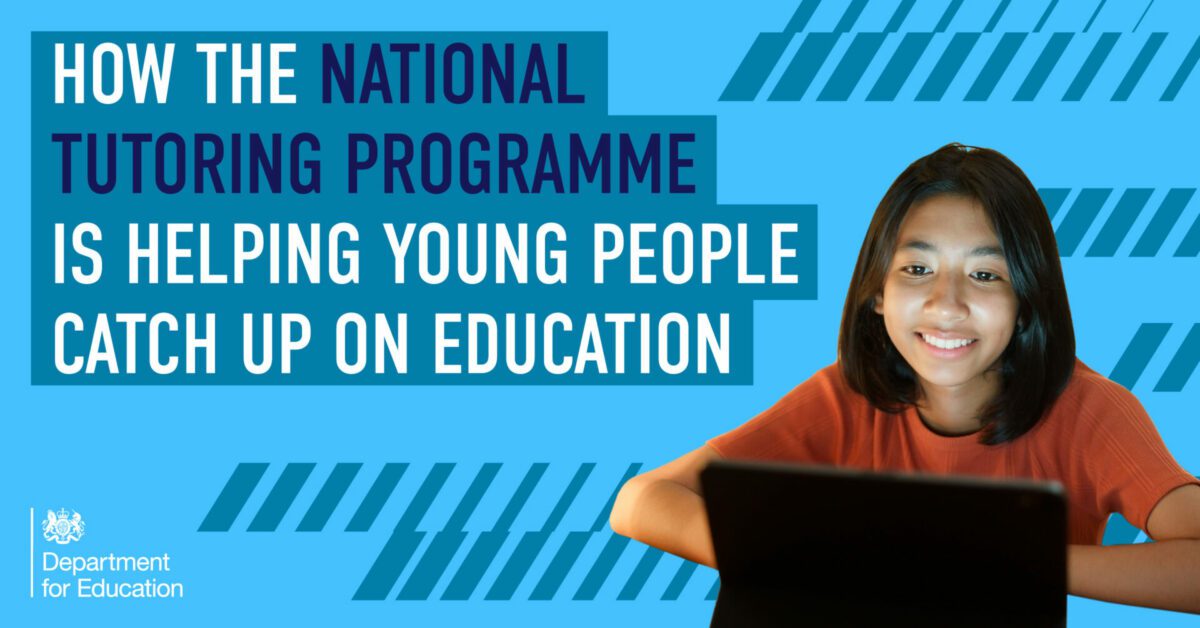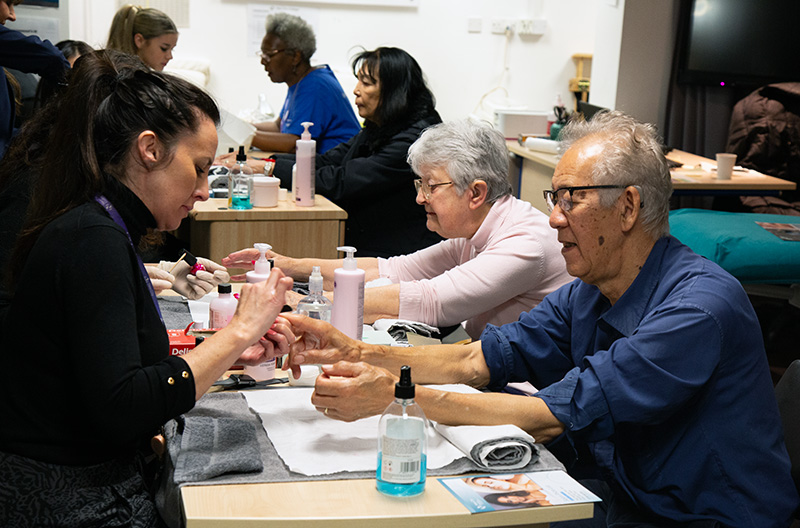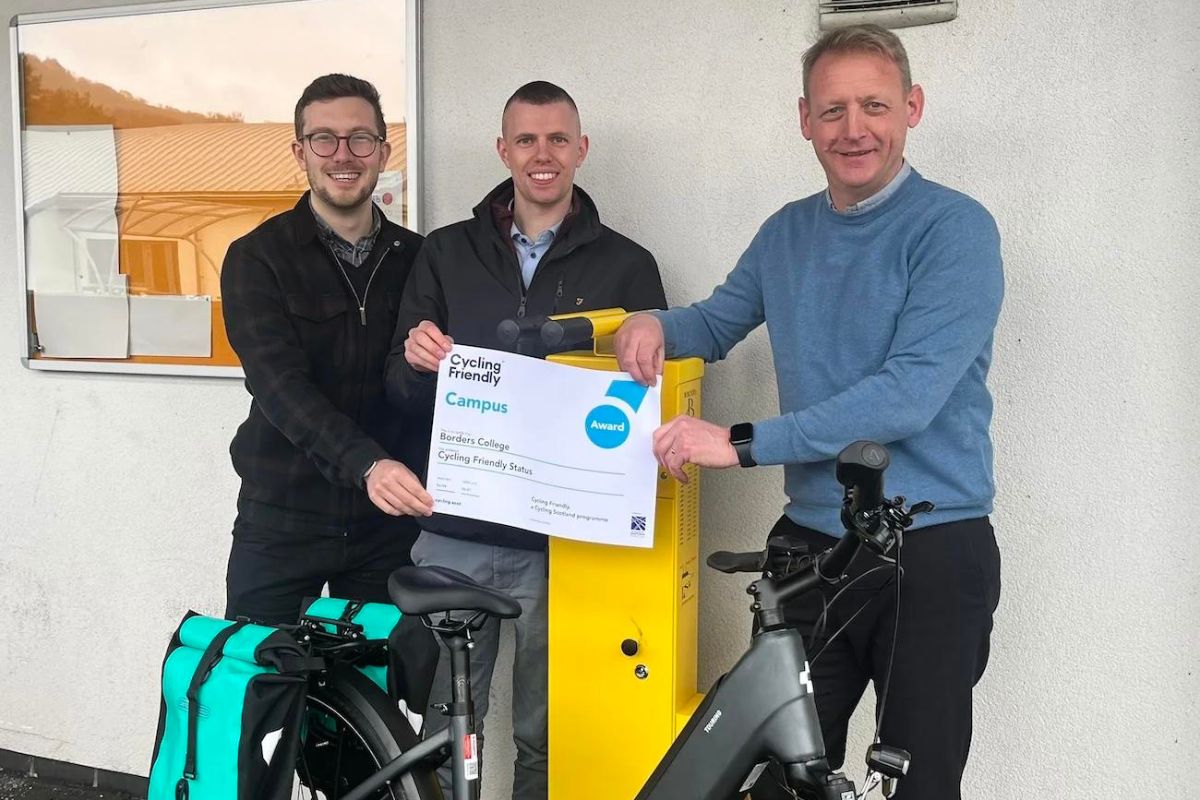National Tutoring Programme figures for first term

Hundred of thousands of pupils benefit from tutoring
Hundreds of thousands of children across the country benefited from catch up tutoring in the first term of the academic year, new figures from the Department for Education reveal today (11th January 2022).
Over 300,000 tutoring courses began last term, nearing the total figure for the previous academic year, keeping the National Tutoring Programme on track to deliver the ambitious target of 2m courses this academic year.
Of the 302,000 courses begun last term, an estimated 230,000 were provided through the new, school-led tutoring pillar, showing that the introduction of greater flexibility for schools in providing tutoring is proving powerful in making sure the programme is reaching as many young people as possible.
The Government’s ambitious education recovery plan includes investment of almost £5bn, including £1.5bn for tutoring, but the best way for young people to catch up on any missed learning is to make sure they are in school, learning face to face, and last week saw millions of children across the country return to classrooms to be with teachers and friends.

Schools Minister, Robin Walker, said:
“We are now seeing the real reach and impact of the unprecedented investment this Government is making in supporting children’s education recovery. Every pupil – wherever they live – should be supported to get back on track and reach their potential, and that’s what this tutoring programme is doing.
“We know there is still work to do, but it’s hugely encouraging to see so many students from all backgrounds have been directly reached through the Government’s tutoring programme, and I encourage all schools to take advantage of it.”
The Government is working closely with Randstad and the sector to make sure these numbers continue to rise and tutoring continues to reach the students who need it.

An urgent review by Ministers is now needed, says Lee Elliot Major, Professor of Social Mobility at the University of Exeter:
“The government’s flagship recovery programme is facing failure, with scandalously low numbers of pupils being helped. Not enough has been done to convince teachers about the benefits of the national tutoring programme.
“An urgent review by Ministers is now needed – the fear is that this will be a huge lost opportunity for the 100,000s of pupils, particularly those from poorer backgrounds, who have suffered severe learning loss during the pandemic.”
A further 52,000 courses began through Tuition Partners and an estimated 20,000 pupils have started packages through the Academic Mentor pillar of the programme.
As schools manage the higher than expected absence among staff and pupils, the National Tutoring Programme will continue to offer access to tutoring through all three strands for the remainder of this academic year to ensure schools have greatest possible flexibility in offering pupils the support they need, including access to online tutoring.
The Department will also today published research conducted with primary and secondary schools to understand how schools have responded to the impacts of the pandemic.
According to the research, schools faced complex challenges in the Autumn 2020 term, relating to pupils’ academic progress, wellbeing, and behaviour, as well as managing ongoing to COVID-19 restrictions.
Schools responded to these by employing varying strategies targeting specific groups, such as those who had fallen behind in their learning, disadvantaged pupils, pupils with SEND, or transition year groups.
Evidence suggests that small group tuition can boost progress by an average of two months in secondary schools and four months in primary schools. By providing high-quality tuition to pupils through the NTP, we want to extend this catch-up opportunity to pupils whose education has been impacted the most by the COVID-19 pandemic.
The £5bn investment in education recovery is in addition to the significant increases in core schools funding being delivered over the next three years, including a boost of £4bn – or 5 per cent per pupil in real terms – next year alone.
How the National Tutoring Programme is helping young people catch up on education they missed because of Covid-19

The National Tutoring Programme (NTP) is helping pupils across the country catch-up on missed time in school. It gives pupils access to one-to-one or small group teaching with specialist tutors. To date, over 300,000 tutoring courses began last term, on top of the 300,000 delivered in the previous academic year.
Launched in November 2020, the NTP is proving essential in helping young people catch-up on lost learnings, with the evidence showing high quality courses of tutoring can help pupils make three to five months of progress.
As schools manage the higher-than-expected absence among staff and pupils, the NTP will continue to offer access to tutoring through all three strands for the remainder of this academic year to ensure schools have greatest possible flexibility in offering pupils the support they need, including access to online tutoring.
So how does it work?
The National Tutoring Programme provides schools access to high quality subsidies tutoring through three separate routes – tuition partners, academic mentors, and school-led tutoring.
These tutors – who have all been subject to robust high-quality training and safeguarding checks – can provide additional capacity to schools to support disadvantaged pupils who have been impacted by disruption to their education.
There are three routes to tutoring – tuition partners, academic mentors, and school-led tutoring. Information on how the three routes operate can be accessed via the NTP website.
While the three routes provide schools flexibility in selecting a tutor for their pupils, those schools looking to access high-quality tutors already chosen for them by the programme, they can do so through the selected group of Tuition Partners. Schools can search for approved providers in their region and make an enquiry directly with their chosen provider.
Which pupils have access to the tutoring?
The NTP can only be accessed by schools for their pupils. The evidence shows this is the best way to make sure tutoring is effective, targeted and linked to what pupils are learning in school, as schools are best placed to decide which pupils will benefit the most.
The NTP is open to all children and young people who need the most support catching up, including pupils with SEND. It has been developed to provide additional, targeted support to children and young people having lost time in education during the pandemic, with schools provided the flexibility to identify the pupils who will benefit the most.
All state funded schools in England are able to access this additional resource to support disadvantaged pupils.
My child is already receiving tuition from their school. Can they access additional tuition?
Yes. If your child is already receiving one form of tuition through one of the three routes for example, school-led tutoring, they can access additional tuition through the others as long as their school identifies a need for them to do so.
Parents are advised to inquire with their children’s schools they have any specific questions on tutoring available for their children.
And which subjects is tutoring available for?
The NTP provides tuition funding in six main areas:
- English
- Humanities
- Maths
- Modern foreign languages
- Science
- Primary (literacy, numeracy and science)
When is the tutoring delivered?
Tuition is very flexible and can happen in-school, either online or face-to-face, or during the school holidays. These arrangements will depend on individual circumstances such as suitability for schools and parents, and tutor availability.
Tutoring sessions should times convenient for both pupils an the school, for example, immediately before or after the school day. If tutoring is taking place during the holidays, it should happen broadly in line with school hours.
How do you know that tutoring works?
Evidence suggests that small group tuition can boost progress by an average of two months in secondary schools and four months in primary schools. By providing high-quality tuition to pupils through the NTP, we want to extend this catch-up opportunity to pupils whose education has been impacted the most by the COVID-19 pandemic.
How do I make sure my pupil’s school is getting involved?
For more information on tuition and any alternative additional support which may be available, please contact your child’s school.












Responses